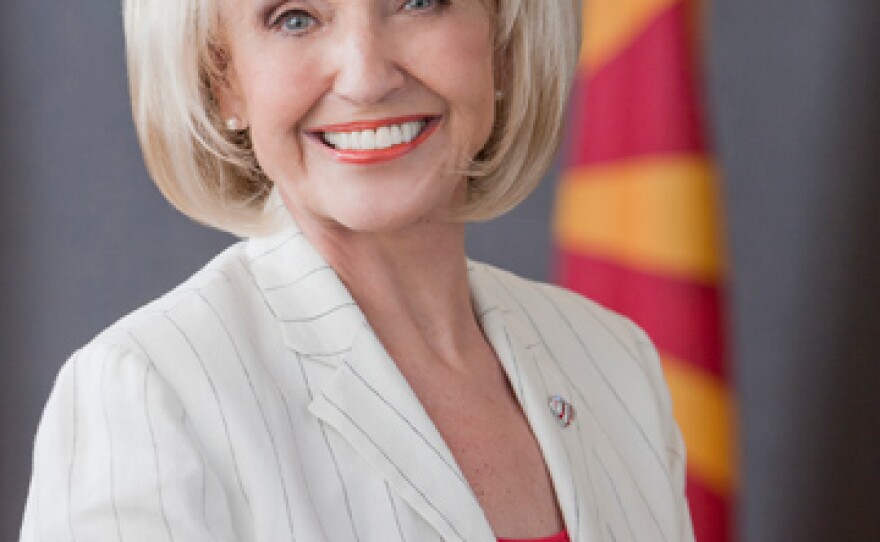The U.S. Supreme Court will hear arguments in April 2012 on Arizona’s controversial SB 1070 immigration law and is expected to rule on its constitutionality.
The hearing before the highest court in the land comes at the request of Arizona Gov. Jan Brewer. It follows a decision by the 9th U.S. Circuit Court of Appeals upholding an injunction against key sections of the law. Among those sections is a requirement that police, while enforcing other laws, check the immigration status of anyone they suspect is in the country illegally.
Arizona Attorney General Tom Horne argues while the federal government is responsible for stopping illegal immigration at the border, it becomes Arizona’s responsibility when they enter the state,
“I think preventing us from doing what we can to help prevent illegal immigrants from coming into Arizona, is a violation of Arizona’s sovereignty,” Horne said.
The Attorney General believes Arizona has a good case.
Brewer is praising the high court’s decision to hear arguments on the state’s controversial immigration law. She has argued since signing SB 1070 last year that states must be allowed to enforce immigration laws because the federal government has failed to do so. The governor says it’s about time the country gets clarification.
"It’s about every state grappling with the costs of illegal immigration," Brewer said. "And it’s about the fundamental principals of federalism under which every state has a right to defend its people."
The Obama administration has filed lawsuits challenging strict immigration measures in three other states.






